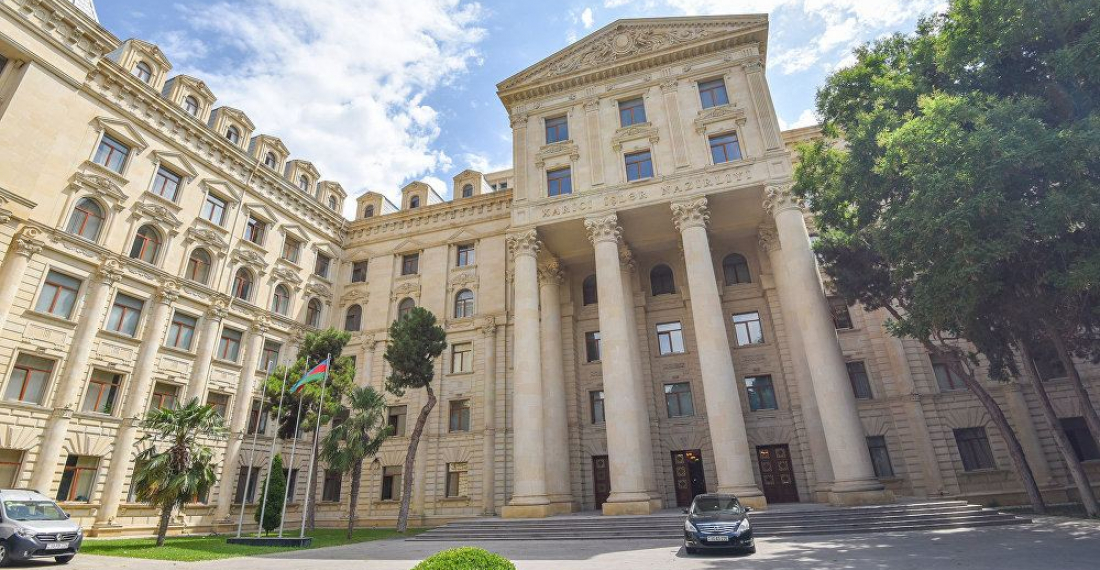The European Union Ambassador in Azerbaijan, Kestudis Jankauskas was summoned to the Foreign Ministry in Baku on Friday evening. The Azerbaijani government protested against the holding of a meeting the previous day between the EU Special Representative for the South Caucasus, Toivo Klaar, and the de facto foreign minister of the self-declared Nagorno-Karabakh Republic, David Babayan
A short statement posted on the website of the Azerbaijani foreign ministry said that
"During the meeting, a protest was made to Ambassador Jankauskas following the meeting of EU Special Representative for the South Caucasus Toivo Klaar with David Babayan, a representative of the illegal regime, who describes himself as "Foreign Minister", during Klaar's visit to Armenia on April 14".
The statement added that, it was stressed "that EU representative Toivo Klaar should not take steps that do not take into account the new realities in the region after the conflict, threaten the fragile peace and give unreasonable expectations to the other side."
"It was brought to the attention of the European side that such actions of the EU Special Representative for the South Caucasus undermined the confidence of the Azerbaijani side in him", the statement concluded.
read more on KarabakhSpace: Klaar in Armenia highlights the role of reservoirs in post-war confidence-building
Commonspace.eu political editor said that it appears that the Azerbaijani government is trying to write new rules of diplomatic engagement around the Nagorno-Karabakh issue.
"It has been practice for a long time for the EU Special Representative for the South Caucasus to meet a representative of the self-declared Nagorno-Karabakh Republic during his regular visits to Yerevan. These meetings were always reported in the media. The practice of such meetings emerged many years back when Baku insisted that EU diplomats do not travel to Nagorno-Karabakh without its permission, which permission it withheld. On their part EU diplomats always insisted on the need to talk to all interested sides in the conflict, including the Armenian and Azerbaijani communities of Nagorno-Karabakh. In fact, when in Baku, the EUSR also regularly meets with the representative of the Azerbaijani community of Nagorno-Karabakh.
It is not clear what is the reason for the latest Azerbaijani diplomatic demarche, but with the Russians now exercising de facto control over Nagorno-Karabakh with unfettered interaction with the whole of society, the latest Azerbaijani move appears to serve no purpose other than to consolidate and monopolise the Russian control over the territory."







